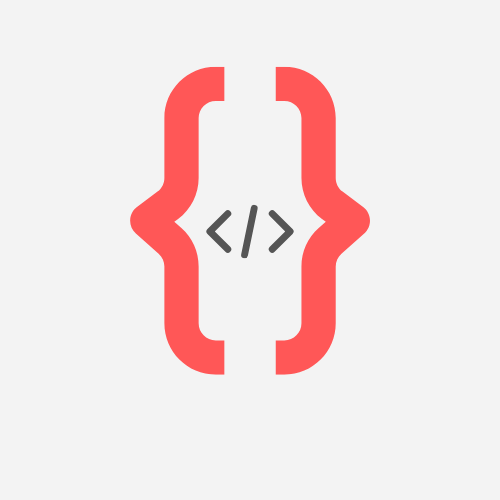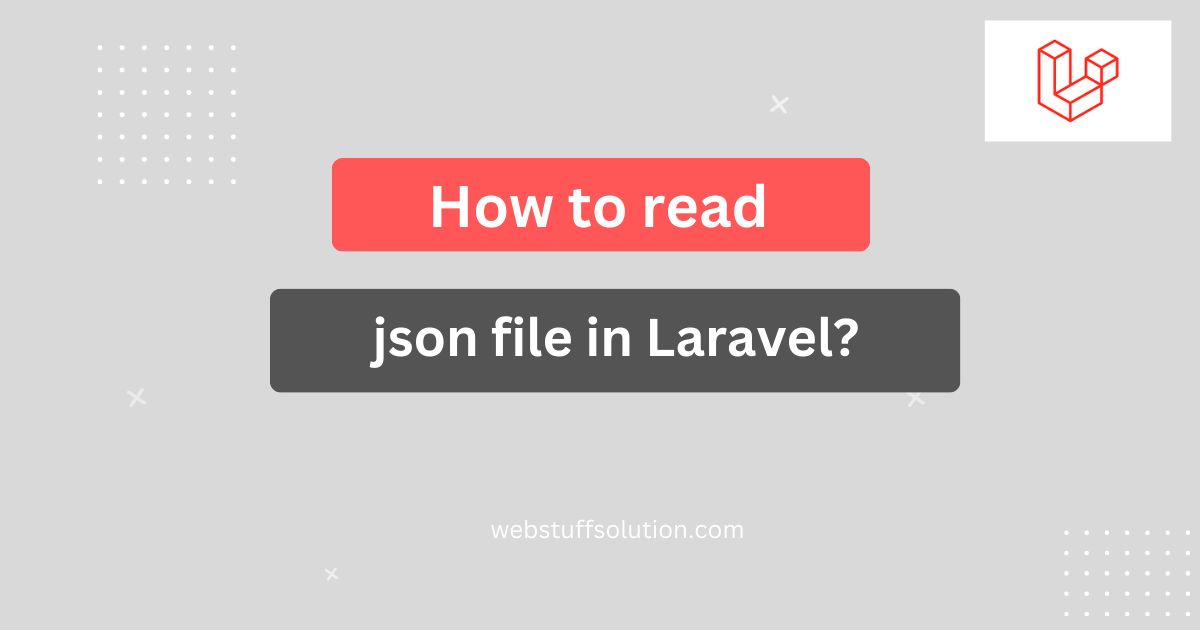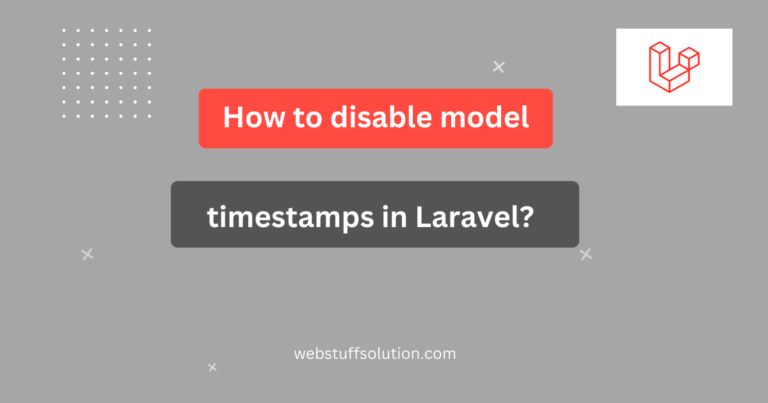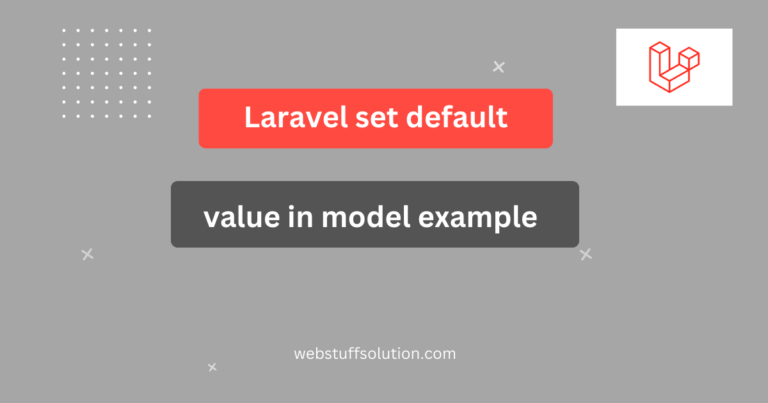In this post, I will show with you how to read json file in Laravel. To read a JSON file in Laravel, you can use PHP’s built-in functions like file_get_contents() combined with json_decode().
We’ll retrieve data from the storage and public folders using Storage facade.
Steps to Read JSON file in Laravel
- Save the file in a directory within your Laravel such as the storage or public directory. For example, you can place it at: storage/app/public/test.json.
- Laravel provides methods to handle files, such as Storage::disk(‘public’)->get().
- Use json_decode() to convert the JSON content into a PHP array or object.
1. Read JSON file in Laravel using file_get_contents()
First, you need to create json file on your public folder like this method.
public/data/test.json
{
"role": "admin",
"varified": "yes",
"type": "A"
}Let’see the controller code and output:
<?php
namespace App\Http\Controllers;
use Illuminate\Http\Request;
class StorageController extends Controller
{
public function index(Request $request)
{
$json = file_get_contents(public_path('data/test.json'));
$data = json_decode($json, true);
return response()->json($data);
}
}
Output:
{"role":"admin","varified":"yes","type":"A"}Read also: How to use enum in Laravel?
2. Read JSON file in Laravel using Storage Facade
First, you need to create json file on your storage folder like this method.
storage/app/public/test.json
{
"role": "admin",
"varified": "yes",
"type": "A"
}Let’see the controller code and output:
<?php
namespace App\Http\Controllers;
use Illuminate\Http\Request;
use Illuminate\Support\Facades\Storage;
class StorageController extends Controller
{
public function index(Request $request)
{
$json = Storage::disk("public")->get('test.json');
$data = json_decode($json, true);
return response()->json($data);
}
}Output:
{"role":"admin","varified":"yes","type":"A"}I hope this tutorial help you.



